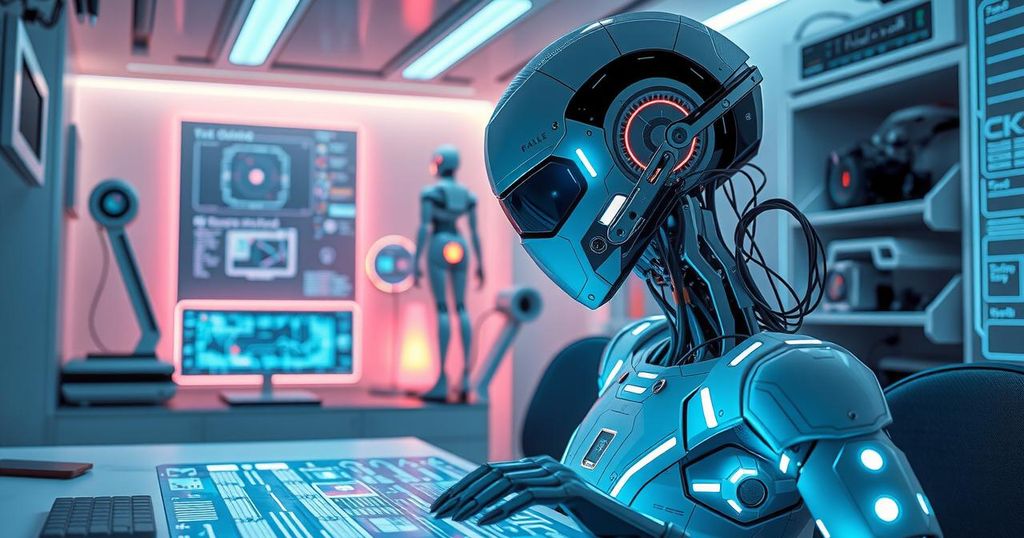Exploring the Top Tech Trends of 2025: A Glimpse into the Future
As we approach 2025, top technology trends include advancements in artificial intelligence, neurological enhancements, and energy-efficient computing. Gartner highlights the importance of Agentic AI, disinformation security, and hybrid computing models. Startups like Synchron lead in brain-computer interfaces, promising new ways to enhance human-machine synergy. Overall, the tech landscape is set to transform drastically, affecting personal and professional domains.
As we venture into 2025, the forefront of technology remains dominated by artificial intelligence, neurological enhancements, and innovative computing solutions. Research firm Gartner has highlighted these advancements, noting that startups like Synchron are pioneering brain-computer technologies, enabling patients to control computers with their thoughts. This convergence of human and machine suggests a future of enhanced cognition and capabilities.
The top tech trends for 2025 include Agentic AI, which will evolve to take initiative and make decisions autonomously, significantly impacting enterprise software applications. Gartner anticipates that AI governance platforms will also gain popularity, helping organizations manage ethical use of AI and boosting customer trust.
Moreover, the battle against misinformation will lead to the rise of disinformation security tech. Tools designed to verify information authenticity will become essential, highlighting the critical need for clarity in an age of deepfakes and fake news. Additionally, postquantum cryptography aims to safeguard data against emerging quantum computing threats, while ambient invisible intelligence could revolutionize asset tracking through smart sensors.
With a growing emphasis on sustainability, energy-efficient computing solutions will become vital as organizations aim to reduce their carbon footprints. Hybrid computing will also emerge, combining various technologies to enhance performance. Similarly, spatial computing will see expanded use, especially in manufacturing processes by 2026, while polyfunctional robots are predicted to increasingly assist in daily life by 2030.
Finally, neurological enhancements from companies like Neuralink and Synchron hint at a future where technology not only aids medical patients but also employers by collecting bioinformation from employees. This transformative trend underscores a looming reality where our interactions with machines blur the boundaries of efficiency and sentiment.
The technology landscape for 2025 is being shaped by groundbreaking innovations in AI, computing technologies, and neurological enhancements. Research firms like Gartner are forecasting these emerging trends, emphasizing the potential for enhanced human capabilities coupled with advanced machine processing. Startups are at the forefront, driving developments that could redefine how humans interact with technology and each other, creating a synergy that redefines daily life and work environments.
In conclusion, the tech trends of 2025 paint a vivid picture of a world where human-machine integration becomes commonplace, enhancing our capabilities significantly. From Agentic AI taking the lead in decision-making to the rise of polyfunctional robots assisting our daily lives, these directions reflect a future brimming with innovation. As we embrace these advances, ensuring ethical standards and trust in technology will be paramount as we navigate this exciting frontier.
Original Source: www.forbes.com.au




Post Comment